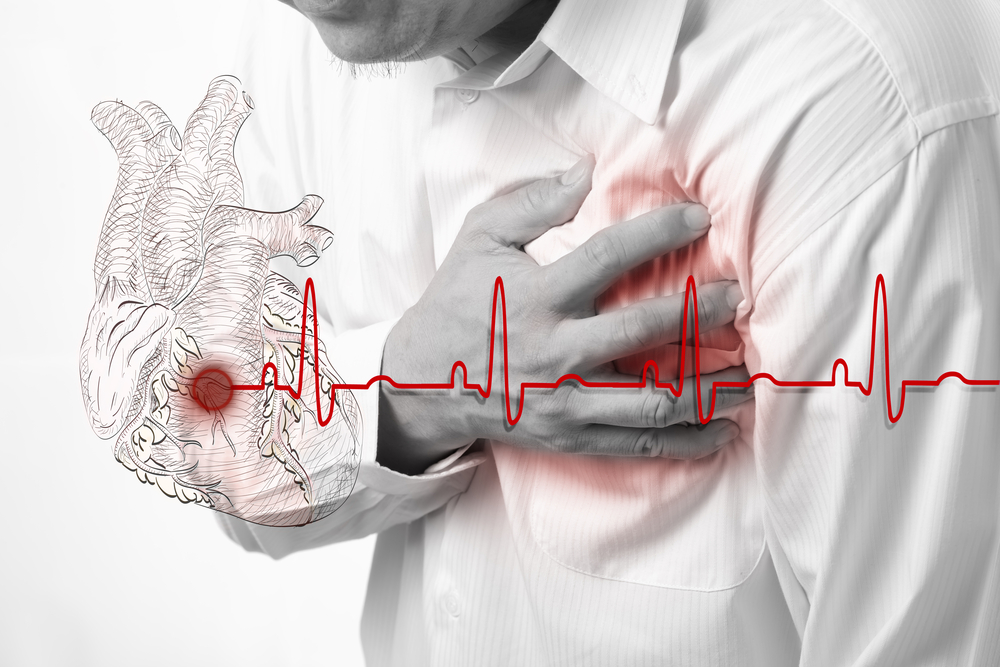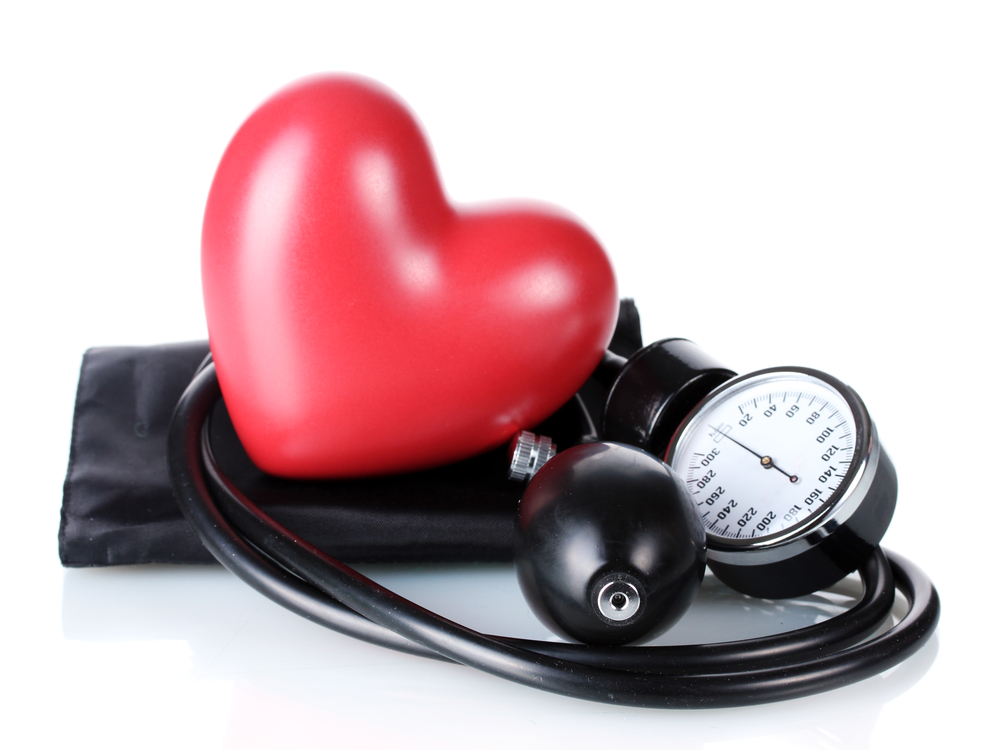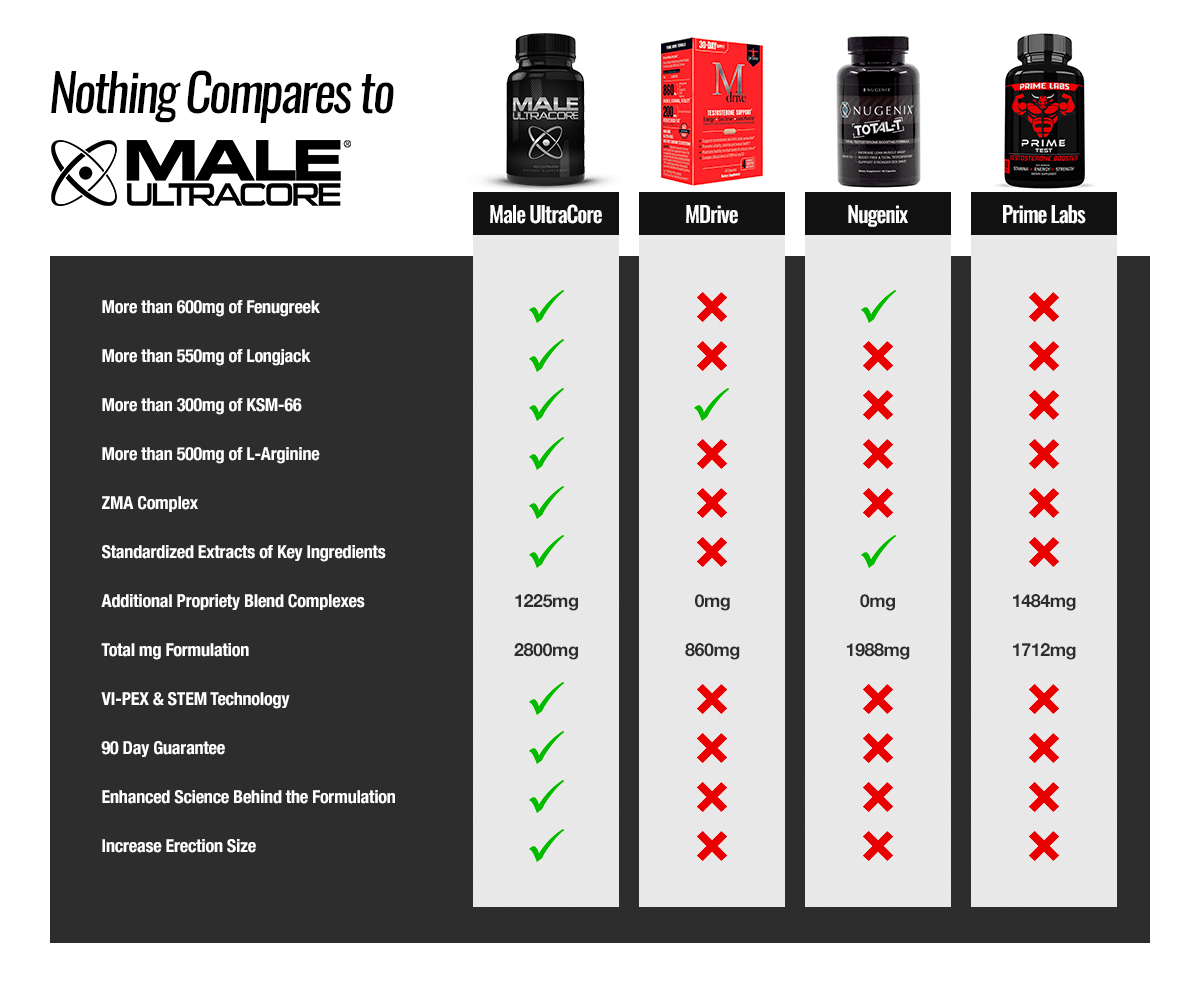Beta-blockers are one of the most crucial drugs usually recommended by cardiologists to lower blood pressure, protect from heart attacks, and help patients with heart failure. These are well-tolerated drugs that are inexpensive and can save the lives of many.
These drugs are used to treat various health-related conditions such as heart failure, angina, heart rhythm disorders, and heart attack. Sometimes, these are also used to treat anxiety, migraines, and glaucoma.
How Beta-blockers Work
Beta-blockers usually include atenolol, bisoprolol, carvedilol, esmolol, metoprolol, nebivolol, and propranolol. Beta-blockers are responsible for blocking the release of hormones in your body. This, in turn, slows the heart rate and reduces the force of the blood that is being pumped throughout the body. These drugs also block the production of angiotensin II by your kidneys. And this, in turn, causes your blood pressure to lower.
Why are Beta-blockers Prescribed?
As treatment for angina. Your heart rate slows down when you take beta-blockers. Your heart may demand a certain amount of oxygen, which can be reduced when your heart rate slows down. These drugs reduce angina attacks.

As treatment for heart failure. Heart failure occurs when the contraction of the left ventricle, which is considered as the heart’s main pump chamber, is impaired. Regardless of the severity of the symptoms, patients with heart failure need to take beta-blockers to treat the same together with other medications such as angiotensin-converting enzyme inhibitors and aldosterone inhibitors.
As treatment for heart rhythm disorders. Since beta-blockers can slow down the heart rate, the symptoms of atrial fibrillation (AF) such as fatigue and palpitations are usually improved. These drugs are responsible for controlling the irregular heart rhythm of people with AF.
As a prevention for heart attacks. To prevent the recurrence of heart attacks, beta-blockers are being prescribed for patients who just experienced a heart attack. These drugs are recommended before a patient is discharged from the hospital as a precautionary measure for further risks of heart attacks, and usually, the treatment continues for a lifetime.
As control of blood pressure. Beta-blockers slow the heart rate and reduce the force of the blood that is being pumped throughout the body. These also cause your blood pressure to lower.
Long-term Effects of Beta-blockers
Weight gain
Many patients have experienced weight gain after taking beta-blockers. On average, users gain about 2 to 4 pounds. Although the exact reason why beta-blockers cause weight gain is still undefined, some experts conclude that this might be because of its effect on the body’s metabolism.
If your metabolism is slow, you usually burn fewer calories, and you consume less energy, thereby results in weight gain. But then, this circumstance can be avoided if you have a proper diet and regular exercise.
Exercise tolerance
It was shown how beta-blockers could make you gain weight. Aside from that, you will find it hard to engage in physical activities, especially that these drugs affect exercise. It is crucial to have a rapid heartbeat when you exercise to increase the blood flow in your muscles.
But since beta-blockers slow your heartbeat, it can be hard for you to engage in strenuous activities. Some patients tend to experience vomiting and nausea after intense exercise. To know whether or not your ability to exercise is impaired due to beta-blockers, you may be required to get a stress test.
Cardiovascular

Beta-blockers also affect your brain, as well as your nervous system. Over time, these organs already adjust to the presence of beta-blockers. That is the reason why if you suddenly stop taking beta-blockers, it might make you experience rebound hypertension. This happens when your brain adjusts to the strength of the signal it provides to the heart, as a result of the partial blocking of these signals due to the medication.
But when you stop taking these drugs, the brain continues to send heart-pump signals that are strong enough, causing your blood pressure to rise and your heart to have added stress. It can also increase your triglyceride levels and decrease your good cholesterol.
What Happens After You Stop Taking These Drugs?
If you abruptly stop taking beta-blockers, it might make you sick much worse, and it might lead to a more serious condition.
Beta-blockers aim to treat high blood pressure, as well as palpitation. It can even be used to treat symptoms of anxiety. A mild response of your body may be experienced if you stop taking beta-blockers. But if you stop taking these drugs abruptly, it might lead to a withdrawal syndrome.
Withdrawal syndrome includes high blood pressure, chest pain, heart disease, heart attack, much worse sudden death. And these can happen even if you don’t have a history of heart-related problems. That is the reason why if you plan to stop taking these drugs, you need to seek advice from your healthcare provider.
Conclusion
There are many factors to consider in deciding how long you will take beta-blockers. Usually, these drugs are prescribed for three years. But there are cases when it is not necessary. People who stop taking beta-blockers may experience a mild response in their bodies. It is not advisable to stop taking these drugs abruptly as it might lead to withdrawal syndrome, including high blood pressure, chest pain, heart disease, heart attack, much worse sudden death. If you plan to stop taking these drugs, you need to seek help from your doctor first.
Increase Your Testosterone Levels with Testosterone Boosters
Male UltraCore is a premium testosterone boosting supplement that is designed to maximize test levels, increase your performance and drive, and give you harder and fuller erections. 





